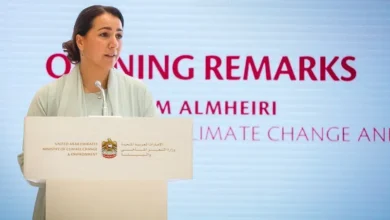Australia firms promote ads for four-day week to lure talent

Australian companies are increasingly offering four-day working weeks in a bid to attract employees and undercut rivals in an environment of acute labor shortages.
The share of job postings that mentioned a shorter working week jumped by 50 percent in early 2023 compared with its pre-pandemic average, according to Callam Pickering, Asia-Pacific economist at global recruitment site Indeed Inc. He cautioned that it’s still early days, with just 0.5 percent of help-wanted notices explicitly referencing a four-day work week in February.
“Australia’s post-pandemic recovery has been marked by incredible labor demand from employers, as well as concerns over mental health and burnout among workers,” Pickering said in a report on Monday. “It makes sense that some employers may be willing to offer greater flexibility to attract staff.”
The report comes amid increased interest from employees worldwide in more flexible arrangements such as working from home, which proved successful during lockdowns. A UK trial of the four-day work week showed revenue gains, lower turnover and less burnout, with most participating firms opting to make the change permanent.
The discussion around a shorter week has the potential to fundamentally alter the nature of work in Australia, Pickering said.
“If trials like these gain traction and Australian businesses begin implementing similar ‘fewer days for the same pay’ programs, then we’d expect explicit jobseeker searches for these amenities to increase considerably.”
Australian lawmakers last month backed recommendations to trial a shorter work week, signaling growing support for flexibility. That followed a large-scale study of the reduced work week across American, Irish, and Australian businesses last year which yielded gains in company revenue and employee productivity, as well as reduced absenteeism and staff turnover.
Indeed’s report showed the sectors recording the largest increase in jobs offering four-day weeks in the past three years were legal, media & communications and manufacturing & production.










